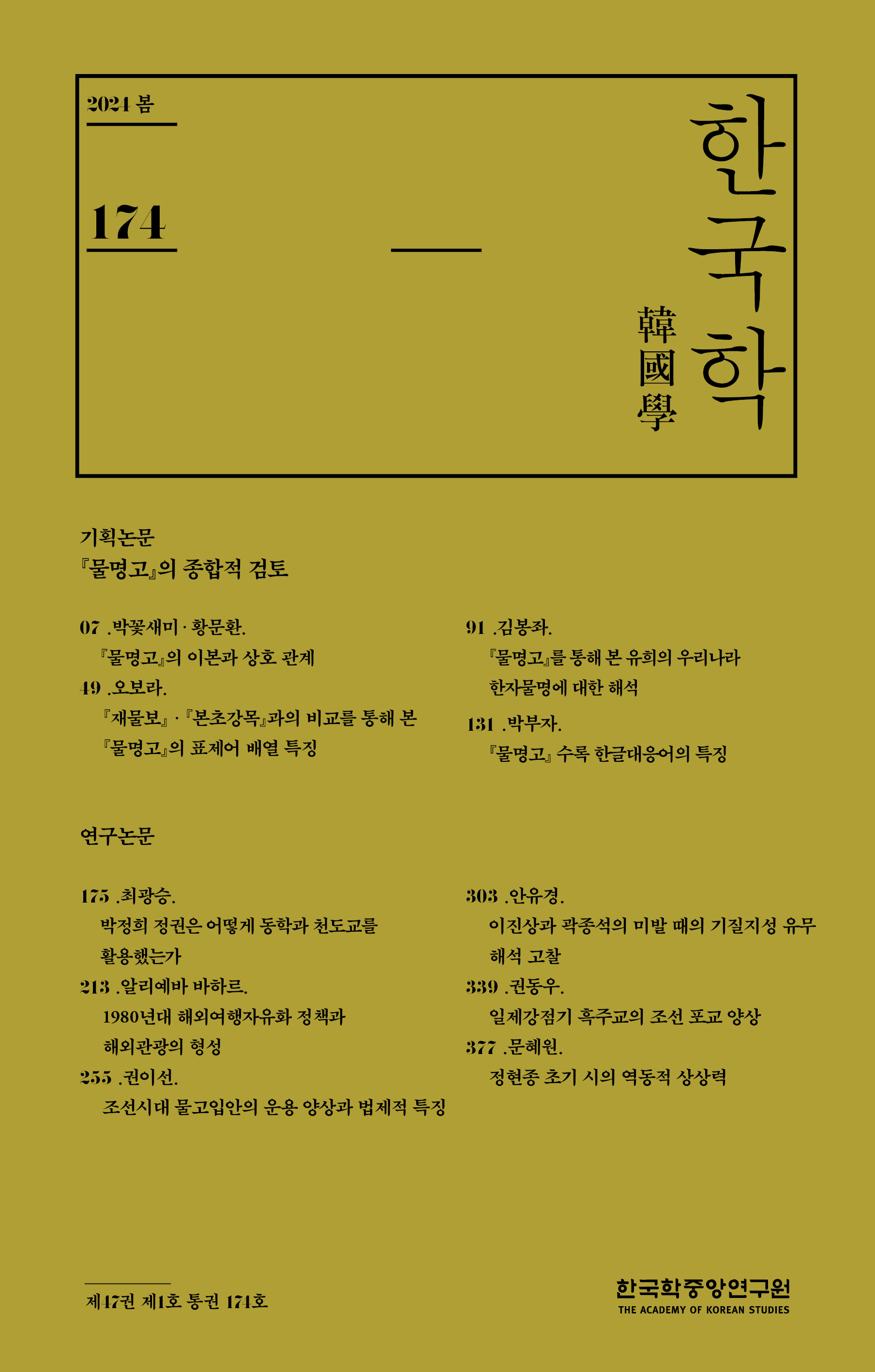
- P-ISSN 2671-8197
- E-ISSN 2733-936X
.jpg)
Now days, When Foreigner start studying Korean they not only focus on language, but need to focus more on culture. When we learn second language, the biggest goal is to have conversation smoothly and if we understand their own culture, it will be a lot easier. In other words, Improvement of linguistic ability, understanding its culture is the real goal for Korean education. Especially because a classical literature represents a nation’s history, a way of thinking, nation’s value, a view of the world and a life style, so, if we use these categories when we teach Korean, I'm sure we will get a much better result than you'd expect. Thus, I suggest a role play of narrative literature as one of the methods to teach Korean. A narrative literature has universality, historicity though long generation and story format and I try to use these as a study material. I think A fairy and a lumberman (선녀와 나무꾼) could be a good example. I'd like to find out what kind of national ideological background is indicated and there's also space transfer between the earth and heaven, and the aspect of shortage-sufficency in accordance with the changes of ther social level. Thorough these changes I'd like to know family relation and family consciousness of Korean. Here, I just suggested some role playing and practicing speaking, listening, reading and writing with your partner. But, we have to think about using Korean classical literature, which contains culture and society, as a material for study in a various way.
김열규, (1980) 한국의 신화, 일조각
배원룡, (1993) 나무꾼과 선녀 설화 연구, 집문당
임석재, 한국구전설화, 평민사
조일제, (1997) 영어교사를 위한 영문학 작품 지도법, 한국문화사
한국정신문화연구원, (1980) 한국구비문학대계, 한국정신문화연구원
J.G 카웰티, (1994) 도식성과 현실도피의 문화, 동연
McKay, Helen, (1996) About Storytelling, Sydney: Hale & Iremonger Pty Ltd